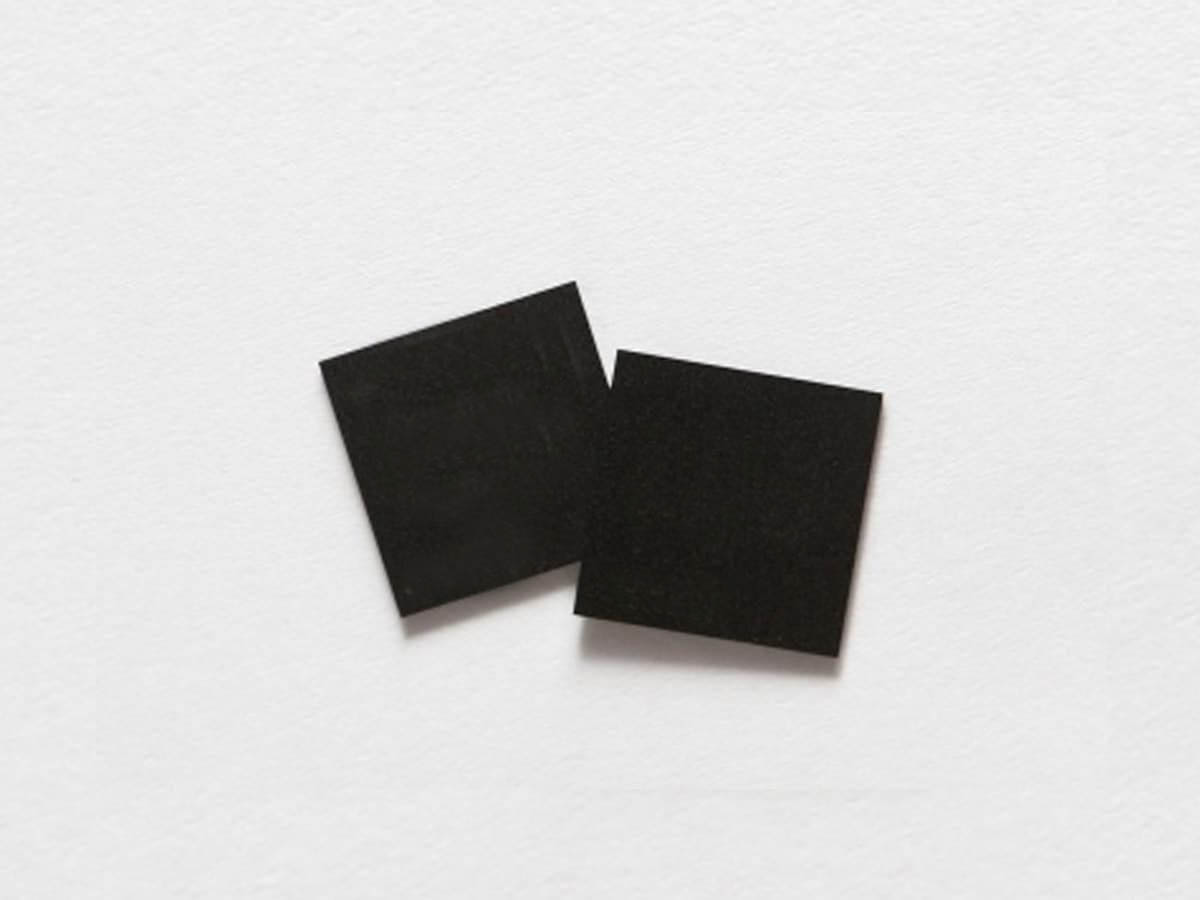
New Delhi: You will be able to customise chipset of your choice for your smartphone soon as leading chip-makers have formed a coalition to establish a universal chiplet interconnect express (UCIe) standard.
Intel, Qualcomm, AMD, Arm, Samsung, Taiwan Semiconductor Manufacturing Company (TSMC), Meta, Microsoft, Google Cloud and others have launched new chip technology to establish a chiplet ecosystem and future generations of chiplet technologies.
The ‘UCIe 1.0′ specification has been ratified to provide a complete standardised “die-to-die” interconnect with physical layer, protocol stack, software model, and compliance testing to enable end users to easily mix and match chiplet components from a multi-vendor ecosystem for System-on-Chip (SoC) construction, including customised SoC.
“Integrating multiple chiplets in a package to deliver product innovation across market segments is the future of the semiconductor industry and a pillar of Intel’s IDM 2.0 strategy,” said Partha Ranganathan, Vice President, Intel Corporation.
After incorporating new UCIe industry organisation later this year, member companies will begin work on the next generation of UCIe technology, including defining the chiplet form factor, management, enhanced security, and other essential protocols.
“We have been a leader in chiplet technology and welcome a multi-vendor chiplet ecosystem to enable customisable third-party integration,” said Mark Papermaster, Executive Vice President and CTO, AMD.
Microsoft said it is joining the UCIe industry organisation to accelerate the pace of data centre innovation and enable new breakthroughs in silicon design.
“Qualcomm is pleased that the industry is coming together to form UCIe, which should move chiplet technology forward—an important technology to address the challenges in our increasingly complex semiconductor systems,” said Edward Tiedemann, Senior Vice-President, Engineering, Qualcomm.



